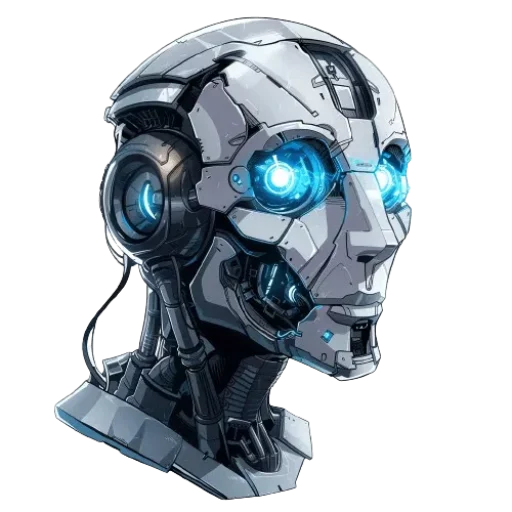Key findings
Generative artificial intelligence (GenAI) is set to impact, rather than transform, the role of sheet metal workers.
Blue-collar jobs like this are unlikely to be automated by GenAI due to the physical nature of the tasks involved.
The increased demand for premium goods and services may even lead to a rise in the income share of blue-collar workers.
While some skills used in this job may be automated in the future, such as digital data processing and operations monitoring, the core skills of reading comprehension, active listening, and critical thinking will remain essential.
Automation may streamline certain tasks, but the unique physical and hands-on nature of sheet metal work will keep it largely shielded from major AI disruption.
How could AI or automation replace or complement job activities?
Artificial intelligence, automation, or LLMs like ChatGPT could assist sheet metal workers by analyzing blueprints, suggesting fabrication methods, or automating repetitive tasks.
However, they may not fully replace the need for human skills in intricate tasks like shaping metal or inspecting installations.
For example, AI could streamline project planning or material selection, enhancing efficiency in sheet metal fabrication.
Job description
Fabricates, assembles, installs, and repairs sheet metal products and equipment like ducts, control boxes, drainpipes, and furnace casings. Tasks may include operating machines to cut, bend, and straighten sheet metal, shaping metal with hammers and anvils, using soldering and welding equipment to join parts, and inspecting and smoothing seams and joints. Also includes installing prefabricated sheet metal ducts for heating, air conditioning, or other uses.


0 Comments